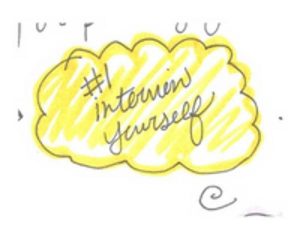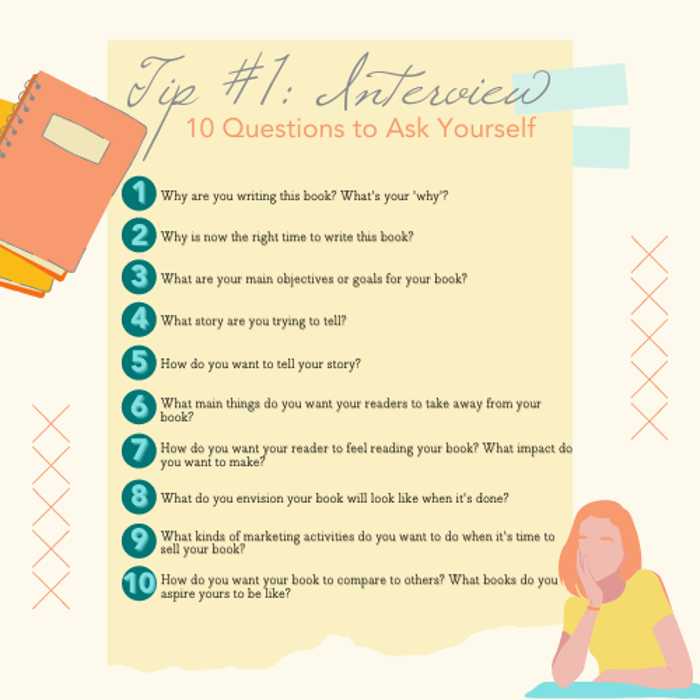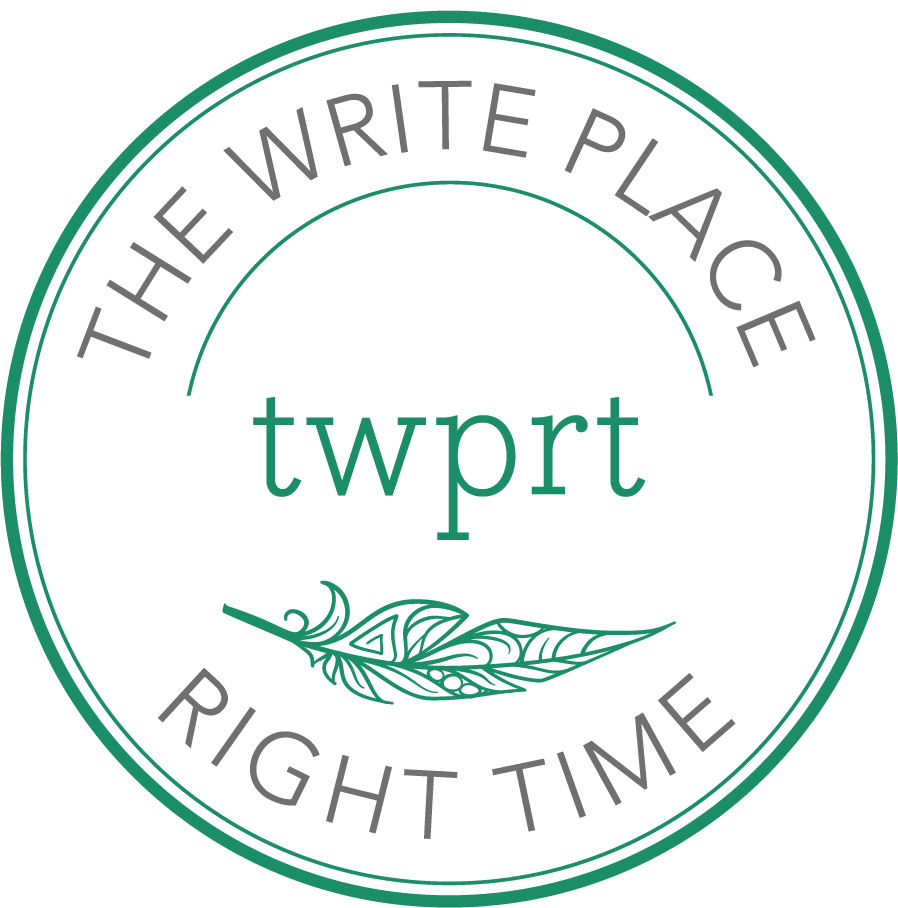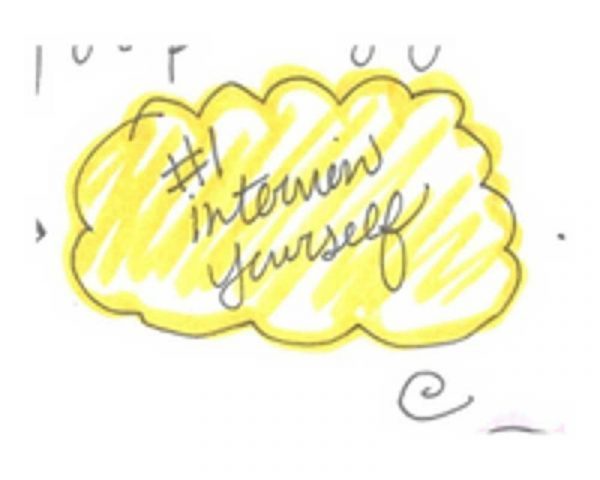
In the writing world there is a question as to whether you’re a “plotter” or a “pantser.” The first (“plotter”) means you plan your book out before you get going. It makes sense, right? A book, especially fiction or creative nonfiction (which includes memoir) has a plot. The idea of “plotting” is mapping or outlining how that plot is going to unfold inside the book. The thing is, regardless of the type of book you’re writing, you should have an outline to work from. It just makes good sense.
When you are a “pantser” this means you fly by the seat of your pants. You sit down and you wing it. For those who write for fun or consider themselves a “casual writer” and have no specific project in mind, pantsing is a fine way to go. In some ways it can keep momentum in the creativity by not knowing what you’re going to write or using a prompt or some other creative device (like writing dice, or the Writer’s Emergency Pack) to decide what you’ll work on.
For me personally, I rarely have the luxury to sit down and just waffle around on the blank page. As a business owner, mom, partner, daughter, my schedule is packed. I’m also rarely short on ideas for specific projects. When I have that rare window of time OR I’ve created the window of time, I want to ‘get down to bizness.’ In order for that time to be as effective as possible, I like to have a plan.

Most of the women I work with are much like me. They are busy, motivated, and they operate by being organized and intentional. They prefer to have clarity and specificity when they approach a project, and that includes their writing.
I feel like this need for order is magnified when it comes to the idea of starting the book they’ve been thinking about or dreaming of for years. So much so that the very idea of starting a book overwhelms to the point where they don’t know where to begin and so they don’t do anything. It’s also pretty typical that they’ve never actually written a book before and so they simply don’t know where to begin.
As such, if this is you – a woman who needs a plan or at the very least just the first simple step to take to start a book – keep reading. This is my first expert tip to begin that book you’ve been thinking about. And I think it’s kind of a fun one.
Expert Tip #1: Interview Yourself
The whole point of this is to be curious and investigate your book idea. You’re asking yourself questions as though you’re a third-party observer. You’re exploring your book from all angles:
- your motivation (what’s your ‘why’),
- the story itself (what are you saying, what story are you telling),

- the way it’s told (how is it structured, how does it sound),
- the reader (who are you trying to reach and in what way),
- the end product (what do you envision on the cover, or what size do you think, what kind of fonts);
- the promotional plan (what kind of marketing activities do you want to do);
- the publishing route (how do you want to bring this book to market), etc.
You can meditate on these things. Journal about these. Create a vision board. You can even ask yourself the questions out loud and respond out loud and record yourself so you’ve got a record. The questions you ask yourself are the very beginning of getting all of that stuff out of your head and onto something visible. Sometimes we need to see what we are thinking before any of it makes sense.
If you’ve been thinking about starting a book for decades (or even just months), you’ve got a world of ideas that need to come out. Think of them like seeds and the vision board or blank journal is the garden bed. You need to plant them, water them, give them light and see how they grow. As they grow, they’ll take shape. You’ll be able to see that garden (read: book) blossom, bloom, and show you exactly what it is meant to be.
Questions to Ask Yourself
Here are ten questions to ask yourself during this interview phase, but as you ask yourself these, don’t be surprised if others naturally come up. Follow your intuition. Add them to your list. Answer them. You never know what guidance they may offer. The more you know about this book, the better you’ll be able to write it. This is the first step in creating that plan, the plan you need for clarity and control over the book inside you just waiting to flourish.

Now that you've read this expert advice, are you feeling ready to write your book? Do you want to know what else you should be thinking about as you plan? If that's a YES then go check out my Book Planning Scorecard. Because you don't know what you don't know. The purpose of this scorecard is to help you identify how much you’ve already considered about the book you’re thinking about writing before you spend the time and effort actually writing it. You can get your Scorecard here.


Comments are closed.